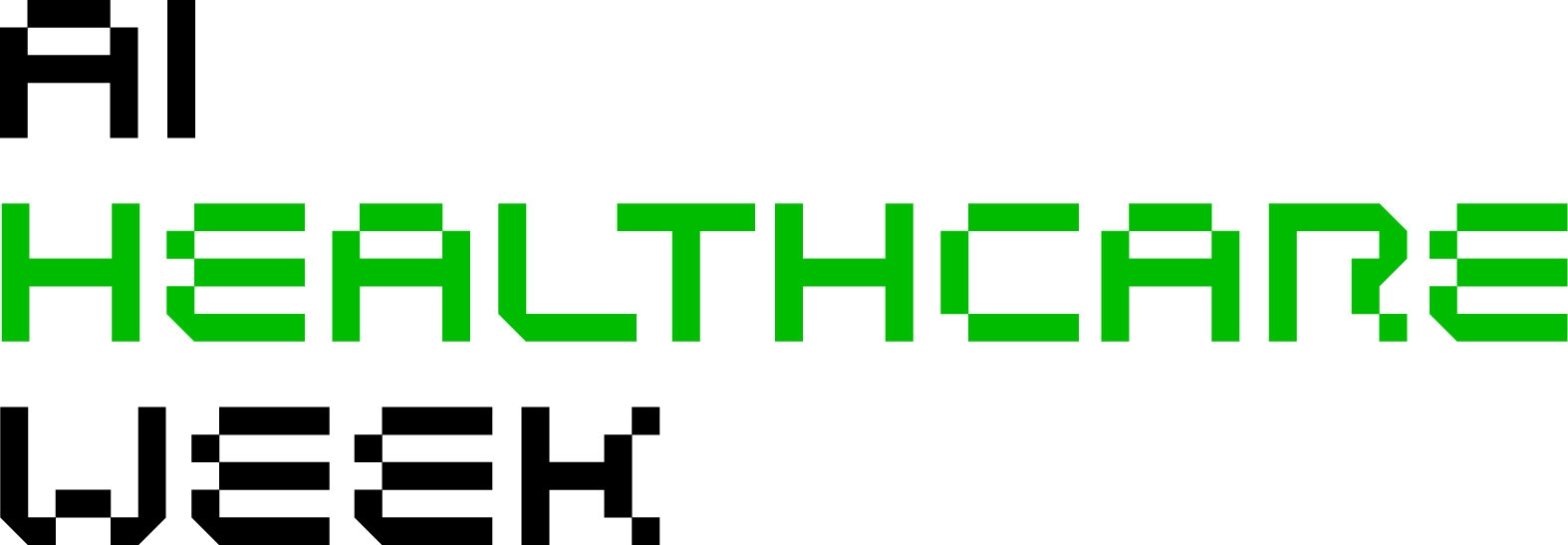Artificial Intelligence (AI) in healthcare is not just about algorithms and smart applications—it’s about the powerful technical software that powers these innovations. From patient management systems to predictive analytics platforms, healthcare providers rely on a suite of software tools that integrate seamlessly to improve patient outcomes, streamline workflows, and reduce costs. This technical infrastructure forms the backbone of AI in healthcare.
Here’s a look at the essential technical software used in AI healthcare applications:
1. Machine Learning Platforms
Machine learning (ML) is a key element of AI in healthcare. These platforms provide the algorithms and tools needed to process vast amounts of healthcare data and develop predictive models. Tools like TensorFlow, PyTorch, and Keras are often used to train AI models in healthcare. These platforms enable the development of algorithms capable of diagnosing diseases, predicting outcomes, and recommending personalized treatment plans.
- TensorFlow: Known for its flexibility and scalability, it is widely used to develop deep learning models for medical imaging, patient monitoring systems, and more.
- PyTorch: Popular for research, PyTorch is used for dynamic neural network training, often employed in medical image analysis and natural language processing (NLP).
- Keras: This user-friendly deep learning framework is used for building powerful AI models in a simpler manner, often in clinical data analysis.
2. Data Management and Integration Software
Effective AI solutions in healthcare are only as good as the data they are trained on. Integrating patient data from multiple sources—such as Electronic Health Records (EHRs), medical imaging systems, and laboratory results—is crucial for developing accurate AI models. To do this, healthcare providers rely on data management software that organizes, integrates, and processes these diverse data streams.
- Apache Hadoop: A distributed storage and processing framework that helps healthcare organizations store and process large volumes of data.
- Google Cloud Healthcare API: This solution enables healthcare organizations to store, manage, and analyze data from EHR systems, medical imaging, and more on the cloud, making it easier for AI systems to access and process data.
3. Natural Language Processing (NLP) Software
Natural Language Processing (NLP) is a critical AI technology in healthcare, especially for clinical documentation and medical records analysis. NLP software helps healthcare providers extract useful information from unstructured data, such as physician notes or patient interactions.
- IBM Watson Health: This suite of AI tools leverages NLP to extract insights from vast amounts of clinical data, improving clinical decision-making and enabling precision medicine.
- Google Cloud NLP: Known for its ability to analyze medical texts, it provides the means to understand and categorize clinical notes, making it easier for doctors to assess patients’ conditions.

4. Medical Imaging Software
AI-powered medical imaging tools are transforming diagnostic imaging and radiology. Software that uses deep learning models can automatically identify patterns in X-rays, CT scans, MRIs, and other diagnostic images.
- Siemens Healthineers AI Rad Companion: A suite of AI-powered software solutions designed to enhance radiology workflows, from image segmentation to post-processing, improving speed and accuracy in diagnosing conditions such as cancers and neurological disorders.
- Zebra Medical Vision: Uses AI to analyze medical imaging data, identifying over 50 conditions from imaging datasets with high accuracy, helping doctors detect early-stage diseases.
5. Clinical Decision Support Systems (CDSS)
Clinical Decision Support Systems are designed to assist healthcare professionals in making informed decisions based on patient data. These systems leverage AI algorithms to provide recommendations that help prevent misdiagnoses and improve patient outcomes.
- Epic Systems: A leading provider of healthcare software, Epic integrates AI into its clinical decision support system, allowing providers to access predictive models for disease risk, drug interactions, and treatment recommendations.
- Cerner: A pioneer in healthcare IT solutions, Cerner uses AI to enhance its CDSS, incorporating evidence-based guidelines and predictive analytics into clinical workflows.
6. Robotic Surgery Platforms
AI and robotics are closely intertwined in surgery. Robotic surgery platforms leverage AI algorithms to enhance precision, reduce human error, and improve recovery times.
- Intuitive Surgical’s da Vinci System: A robotic surgery platform powered by AI that provides surgeons with enhanced precision and control, especially in minimally invasive procedures.
- Medtronic’s Hugo™: Another robotic surgery system that utilizes AI for improving the accuracy of surgical procedures, enhancing outcomes, and minimizing complications.
7. Virtual Health Assistants
Virtual assistants powered by AI can help patients manage their health and interact with healthcare providers. These systems use AI-driven chatbots and voice recognition software to communicate with patients, provide reminders, and answer medical questions.
- Babylon Health: A popular telemedicine app that uses AI-driven virtual assistants to provide patients with consultations based on their symptoms and medical history.
- Ada Health: This AI-powered assistant provides symptom checkers and personalized health advice, aiding in self-assessment before seeing a healthcare provider.
Challenges in AI Healthcare Software
While AI-powered software brings tremendous potential to the healthcare space, there are still challenges. Ensuring interoperability across systems, maintaining data privacy, and addressing algorithmic biases are major concerns that must be tackled for these tools to reach their full potential. Furthermore, healthcare organizations must invest in user training and ethical guidelines to ensure the software is used appropriately.
AI healthcare solutions are only as strong as the technical software that underpins them. From data integration to medical imaging and robotic surgery, AI relies on powerful software to revolutionize the healthcare industry. As the technology continues to evolve, healthcare organizations will increasingly turn to these advanced tools to drive improvements in care delivery, patient outcomes, and overall efficiency.


